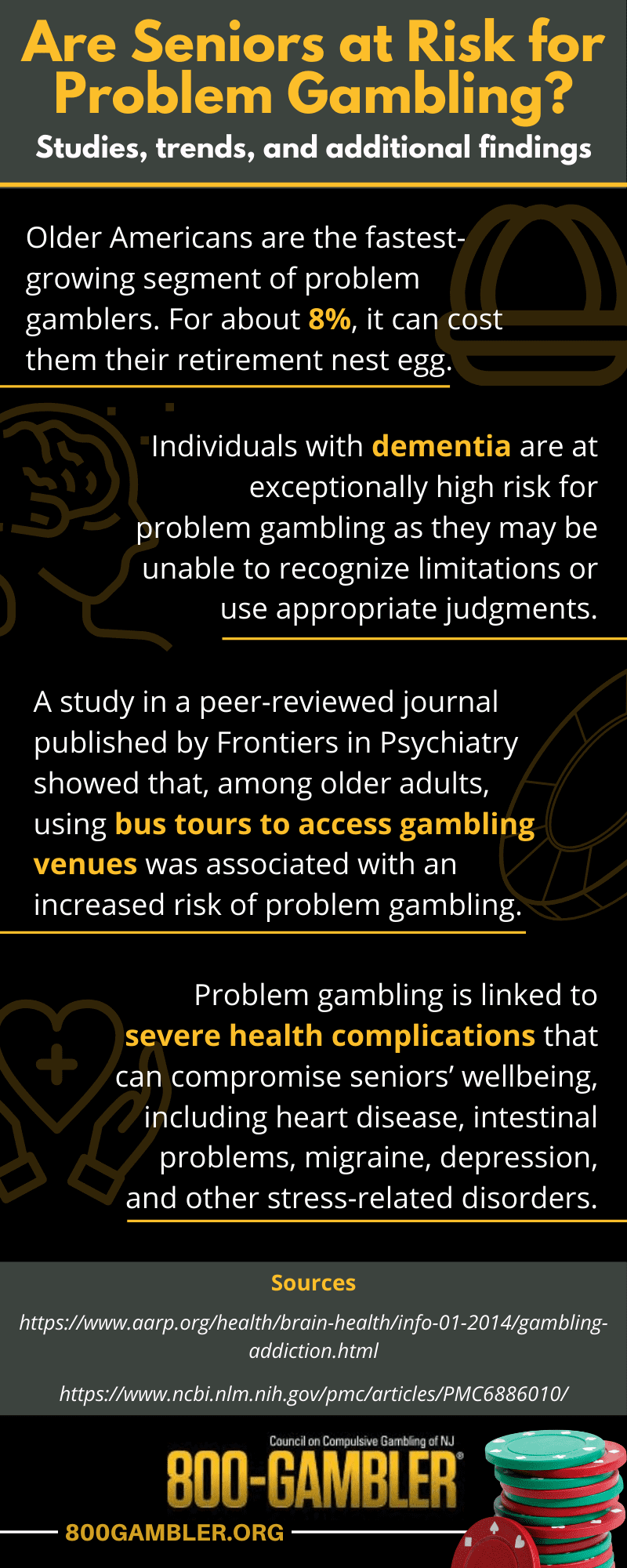Gambling And Depression Statistics


Gambling And Depression Statistics Since
NPR’s sites use cookies, similar tracking and storage technologies, and information about the device you use to access our sites (together, “cookies”) to enhance your viewing, listening and user experience, personalize content, personalize messages from NPR’s sponsors, provide social media features, and analyze NPR’s traffic. This information is shared with social media, sponsorship, analytics, and other vendors or service providers. See details.


You may click on “Your Choices” below to learn about and use cookie management tools to limit use of cookies when you visit NPR’s sites. You can adjust your cookie choices in those tools at any time. If you click “Agree and Continue” below, you acknowledge that your cookie choices in those tools will be respected and that you otherwise agree to the use of cookies on NPR’s sites.
Gambling And Depression Statistics Articles
How common is depression and gambling? A recent study has found that people with a gambling problem were twice as likely to be depressed and 18 times more likely to experience severe psychological distress than people without a gambling problem. Gambling first provides a boost, and then later a trap. Gambling Coming Before Depression. Another potential connection is that gambling itself could come before depression. The addictive nature of gambling can effect healthy brains and trap them just the same. O Gambling way to lose awareness of time, money lost and people o 95% of women who gamble are escape gamblers- slots, video poker, lottery, bingo o Gambling as coping mechanism to forget overwhelming troubles and emotions o Gambling used to escape, soothe, reduce stress and distract o Mental health issues common: depression and anxiety.